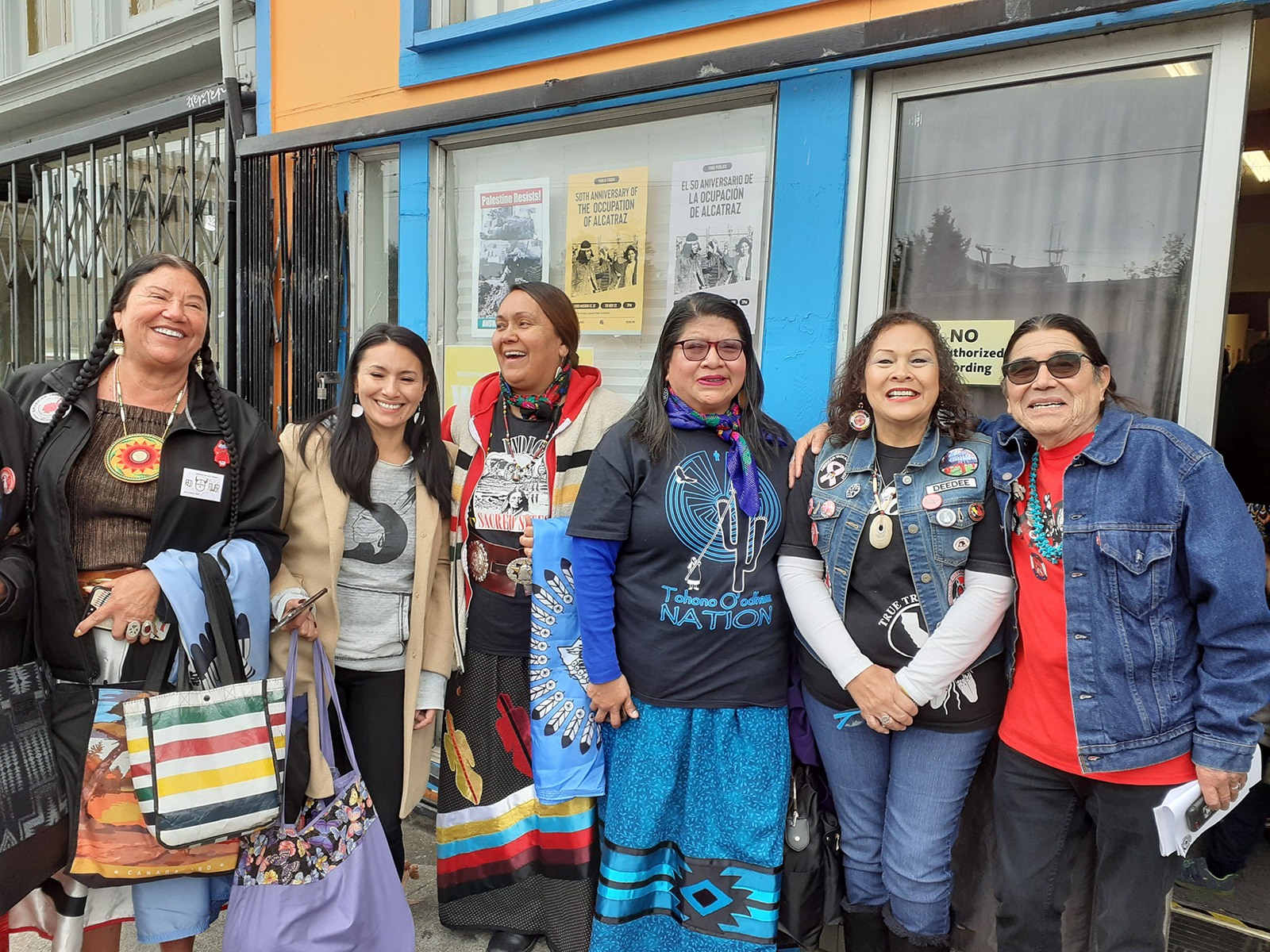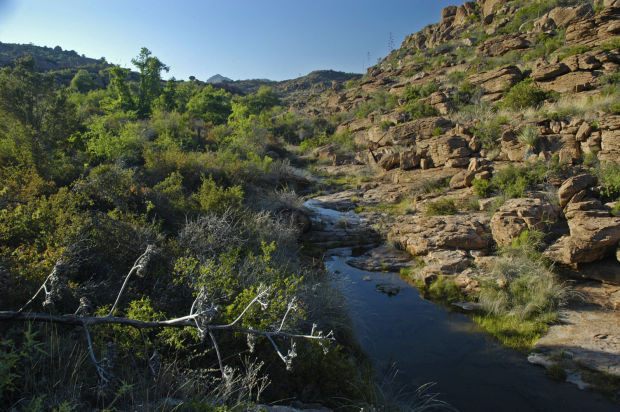Building on the legacy of 500 years of indigenous resistance, the Idle No More movement is now approaching its first anniversary. In the last year, the movement mobilized tens of thousands of Native people, including many youth, against the colonial policies still pursued by Canadian and U.S. authorities.
The movement emerged in the fight against legislation in the Canadian Parliament that would have highly destructive effects on First Nation people, water and land across Canada. The Jobs and Growth Act, also known as Bill C-45, gutted government protection of Indigenous lands and water from resource extraction and expanded commercial fishing by making changes to 44 pre-existing protective laws.
The first action was of Indigenous women from Saskatchewan who organized a teach-in event titled “Idle No More.” Protests and teach-ins under the same banner spread across Canada and the United States within weeks. Bill C-45 eventually passed after months of struggle.
Canadian lawmakers deceptively asserted—as their U.S. counterparts always do—that Native people must sacrifice their sovereignty in exchange for economic development and jobs. By making it easier for Indigenous people to lease reservation land without having to seek tribal council approval, the bill’s corporate agenda was thinly veiled.
First Nations’ land and water rights has obstructed fishing, energy and other corporations who seek unhindered access to protected fisheries and sources of fossil fuels. Allowing small groups of Indigenous people to avoid council approval to lease reserve land expedites this exploitation.
Amendments to the Navigation Protection Act removed environmental assessment requirements for almost all of Canada’s waterways. This includes key rivers in British Columbia along the path of the proposed Northern Gateway tar sands pipeline stretching across Western Canada.
A related law, Bill C-38, undermining federal environmental protection, passed earlier in the year. Finally, Bill C-27 placed regulations on First Nations-owned businesses that were not applied to non-Native owned businesses, passed earlier this year.
Movement crosses U.S.-Canadian border, takes on new battles
Although these racist laws passed, trampling on First Nations’ right to self-determination, they have also confirmed the universal law of history that oppression breeds resistance. The fight-back has given new wind to the Indigenous peoples’ movement, re-enlivening debates on what tactics and strategies will carry the struggle forward.
Canadian Prime Minister Steven Harper has become the personification of the Canadian state’s disrespect towards Indigenous rights and treaties. But it is also becoming clear to millions that he is merely the figurehead of a larger system founded on settler-colonial oppression.
Within the United States, Idle No More has been crucial in mobilizing public support against the Keystone XL pipeline and inspired solidarity actions among Indigenous communities in the U.S. Southwest and in Latin America.
The Keystone XL pipeline, if constructed, will carry tar sands oil from Alberta, Canada, to the Gulf Coast of Texas for international export. The primary source of tar sands oil rests beneath the pristine boreal forests, much of which is home to the Cree First Nation.
This growing movement expressed itself powerfully in October of this year, when members of the Mi’kmaq Nation faced off against the Canadian police to block gas companies’ intrusion on their territorial lands. In taking their stand, many police vehicles were set on fire and the major highway was barricaded by a human blockade.
The ANSWER Coalition (Act Now to Stop War and End Racism) released a statement on Oct. 20: “The Mi’kmaq Nation has come under vicious attack by the Canadian government, especially the Royal Canadian Mounted Police, but history shows that no amount of repression can break the will of oppressed people to resist. The destruction of the earth and waters solely for profit by massive corporations such as Southwestern Energy has to be confronted. We acknowledge the struggle of the Mi’kmaq Nation and encourage all our supporters to attend solidarity actions.”





